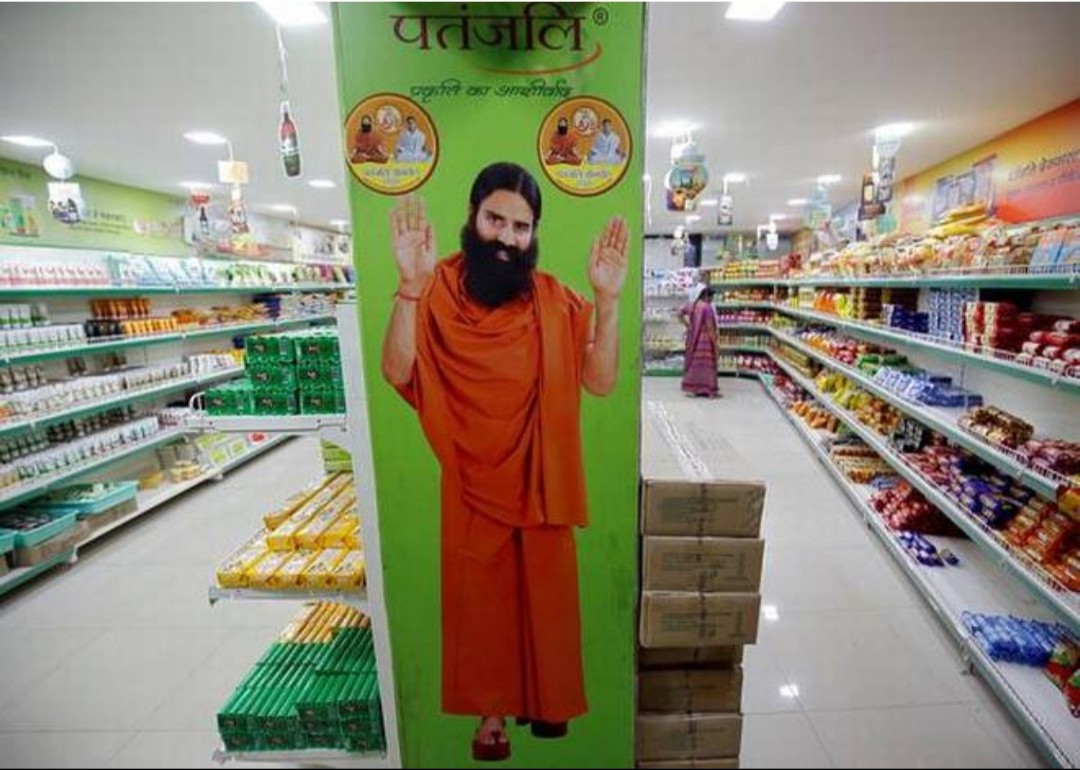Centre seeks details on the formulation to verify claims.
Hours after yoga guru Baba Ramdev unveiled an Ayurvedic medicine — ‘Coronil and Swasari’ — on Tuesday, claiming that clinical trials on COVID-19 affected patients had shown favourable results, the Central government asked Patanjali Ayurved Limited to stop advertising the drug and sought details on its claimed “successful trial and cure”.
In a statement issued by the Ministry of Ayush on the claims made by Haridwar (Uttrakhand)-based Patanjali Ayurved in treating COVID-19, the Ministry noted that it had taken cognisance of the news being recently flashed on its drug by the company. Facts of the claim related to the drug and details of the stated scientific study are not known to the Ministry, the statement said.

List of details
Patanjali Ayurved has been asked to provide, at the earliest, details of the name and composition of the medicines being claimed as successful in COVID-19 treatment; site(s)/ hospital(s) where the research study was conducted; the protocol, sample size, Institutional Ethics Committee clearance, Clinical Trials Registry-India (CTRI) registration, and results data of the study, and to stop advertising/publicising such claims till the issue had been duly examined.
The Ministry has also requested the concerned State Licensing Authority of the Uttarakhand government to provide copies of the license and product approval details of Ayurvedic medicines being claimed as useful in the treatment of COVID -19.
Regulated by Act
“Also, the concerned Ayurvedic drug manufacturing company has been informed that such advertisements of drugs including Ayurvedic medicines are regulated under the provisions of the Drugs and Magic Remedies (Objectionable Advertisements) Act, 1954 and Rules thereunder and the directives issued by the Central Government in the wake of COVID outbreak. The Ministry had also issued a Gazette Notification on April 21, 2020 stating the requirements and the manner in which research studies on COVID-19 with Ayush interventions/medicines should be undertaken,’’ the Ministry said.
‘100 patients’
Meanwhile, scientists associated with the trial said they had not yet published the results. Dr. Abhishekh Sharma, Assistant Professor of Medicine, National Institute of Medical Sciences, and among those who supervised the trial, said that 100 patients, who had tested positive for the virus, were recruited for the trial. Of them, 50 were given the medicine and five dropped out midway. The remaining 50 were administered a placebo.
“69% of the 45, when tested on the third day, were found clear of the virus and half of those on the placebo recovered,” said Dr. Sharma. That works out to 31 of those on the treatment tested negative, and 25 of those on placebo tested negative.
No other details on the profiles of the COVID-19 positive persons — the degree of sickness in those who enrolled for the trial, their age, whether they were on other medication prior to enrolment — were immediately available.
Clinical trial registry
A check on the clinical trial registry, where all trials must be registered, showed that a wide spectrum of patients were solicited. They were “asymptomatic, mildly symptomatic, moderately symptomatic and those aged 15-80”. The original aim of the study was to check the status of patients at day 3, day 7 and day 14, and whether they had improved immunological parameters due to the medicine. The medicine regime involved are the Tablet Swasari Ras (500 mg), Tablet Pure Ashwagandha Extract (500 mg), Tablet Pure Giloy Extract (500 mg), Tablet Pure Tulsi Extract (500 mg) and Anu Taila (nasal drop), according to information on the clinical trial website.
With inputs from The Hindu

